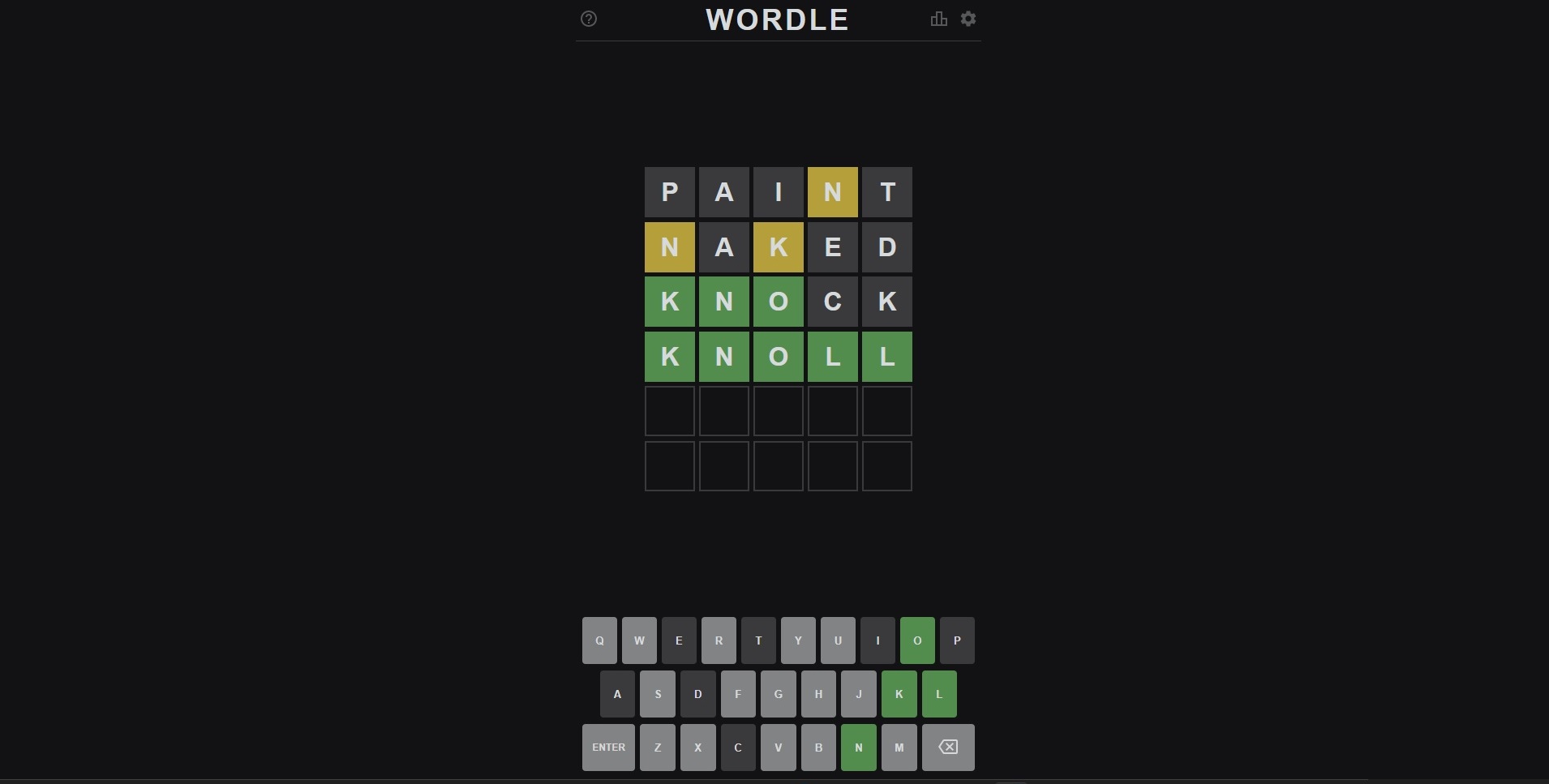Wordle clones are in trouble! New York Times ousts copycat that lets users play previous games
Watch out Wordle clones! You may not live to see another day

Sign up to receive The Snapshot, a free special dispatch from Laptop Mag, in your inbox.
You are now subscribed
Your newsletter sign-up was successful
Can you guess the five-letter word that best describes how The New York Times, owner of Wordle, dealt with a clone of the ultra-popular word game? If you guessed "purge," "eject" or "expel," congratulations, you won!
Wordle Archive, a Wordle clone that lets users play previous puzzles, was forced to take down its website, according to Ars Technica. Visiting the now-defunct platform yields the following message: "Sadly, the New York Times has requested that the Wordle Archive be taken down."
New York Times topples Wordle clone
Wordle Archive had been up since January, but it shut down last week at The New York Times' request. "The usage was unauthorized, and we were in touch with them," a New York Times spokesperson told Ars Technica.
The official Wordle website only lets you play one Wordle game daily — and doesn't let you play nor revisit previous games. As such, archival Wordle websites are attractive to users who want the opportunity to hop into a time machine and play bygone Wordle games.
It's unclear how the media conglomerate litigiously pressured the Wordle Archive to buckle, but it was enough to convince its founder to skedaddle. However, Wordle Archive's creator hopes to rope people back in with a new Wordle alternative: Word Grid. This time-limited game invites users to extract as many words as possible from a nine-letter grid.
With the New York Times putting its foot on Wordle Archive's neck, there's a high probability that the media giant will hunt down more Wordle clones — if they haven't already. After all, the New York Times paid an unrevealed seven-figure sum to acquire Wordle from Josh Wardle. The last thing the media giant wants is other unauthorized alternatives hindering its Wordle dominance.
The Verge pointed out that The New York Times filed for a trademark on Feb. 1, giving it ammo to take down Wordle clones for copyright infringement. The media giant will have difficulties taking down word games that use the same game mechanics (e.g., five-letter guesses), but if the clones use "Wordle" in their name, they could be toast.
Sign up to receive The Snapshot, a free special dispatch from Laptop Mag, in your inbox.
We'll be keeping an eye on how The New York Times intends to monetize Wordle. Hopefully, its yet-to-be-disclosed business plan symbiotically benefits itself and Wordle fans.
Kimberly Gedeon, holding a Master's degree in International Journalism, launched her career as a journalist for MadameNoire's business beat in 2013. She loved translating stuffy stories about the economy, personal finance and investing into digestible, easy-to-understand, entertaining stories for young women of color. During her time on the business beat, she discovered her passion for tech as she dove into articles about tech entrepreneurship, the Consumer Electronics Show (CES) and the latest tablets. After eight years of freelancing, dabbling in a myriad of beats, she's finally found a home at Laptop Mag that accepts her as the crypto-addicted, virtual reality-loving, investing-focused, tech-fascinated nerd she is. Woot!

